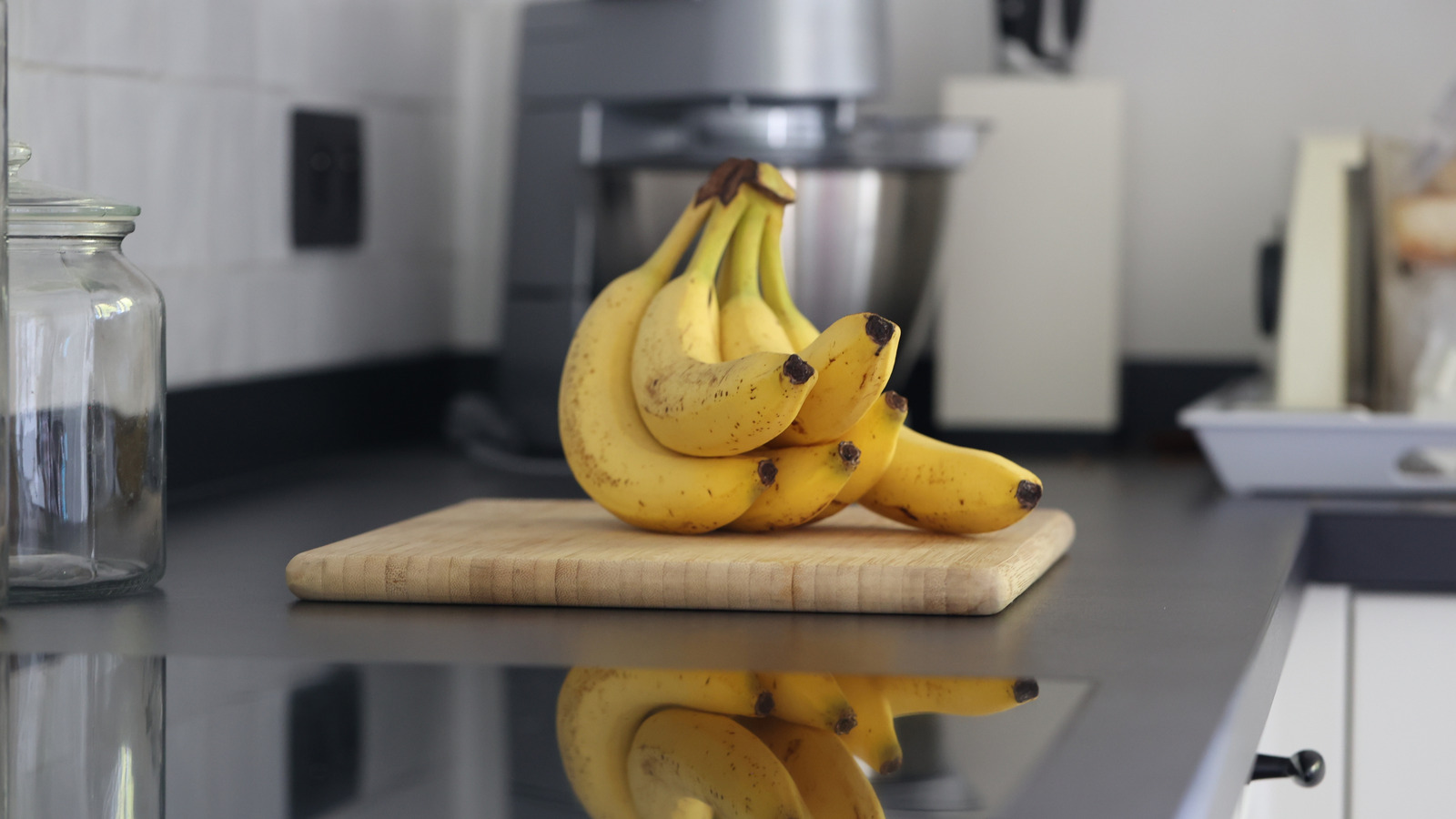
"The various acids, oils, and enzymes in banana peel also make it a great wood polish, though you should not use it on untreated wood. If you have any wood furniture or surfaces in your house that are showing their age, gently rub with some banana peel and then wipe clean. It will return the shine that it once had and really make it pop."
"For the most effective cleaning of your countertops, make a solution of vinegar and banana peel. Instead of tossing your peels out, chop a couple of them and put them in a jar with vinegar and water (the usual ratio is one to one). Let it steep for 24 to 48 hours. Pour the liquid into a spray bottle, and you have an effective, budget-friendly, environmentally safe cleaner."
"While banana alone is a good polisher, it can't remove grease or stains very well, which is why mixing banana with vinegar is a better solution. If you're using straight peels as a polish on your wood surfaces, gently rub with the wet side of the peel and let it sit for about 10 minutes. Wipe the residue with a wet cloth and then use a soft cloth to buff it clean afterwards so you're not leaving any banana behind."
Banana peels contain potassium, oils, acids, and enzymes that make them effective natural polishes for wood and silver. Rubbing the wet side of a peel on finished wood restores shine; wipe residue with a wet cloth and buff with a soft cloth. Banana alone cannot remove grease or heavy stains, so combine chopped peels with equal parts vinegar and water, steep for 24–48 hours, then strain into a spray bottle for a budget-friendly, environmentally safe countertop cleaner. Avoid using banana polish on untreated wood. The method repurposes kitchen waste and reduces reliance on commercial cleaners.
Read at Tasting Table
Unable to calculate read time
Collection
[
|
...
]